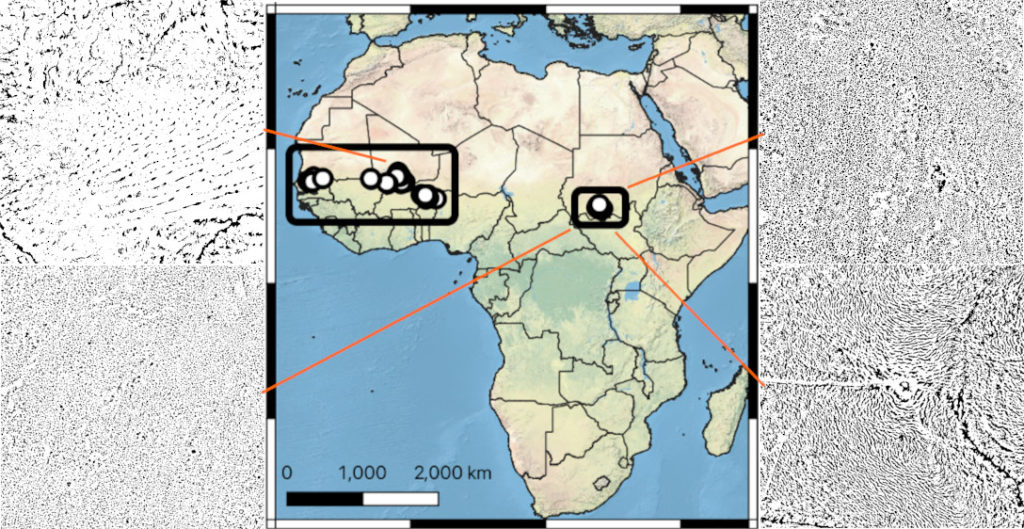I am currently doing a PhD with Prof. Ronaldo Menezes and Prof. Hywel Williams in Computer Science at the University of Exeter, UK, where I study echo chambers formation in scientific collaboration networks.
I was born in Bogotá, Colombia. I graduated with an undergraduate and master’s degree in industrial engineering at the Universidad de Los Andes in 2017 and 2019, respectively. In 2017, together with my advisors Dr Felipe Montes and Professor Olga Lucía Sarmiento, I received third place for the best undergraduate thesis in social sciences in Colombia. In 2018 I was a visiting researcher at the Health Disparities & Cultural Identities Lab of the psychology department at Florida International University. The research trip was funded by a Bridge Grant from the Young researchers of the Complex Systems Society.
A great curiosity to understand human behaviour on a social and collective level has led me to work with engineering, psychology, social sciences, education, and public health researchers. I am interested in investigating higher education systems, sociology of science, public health, and social inequity from a complex systems approach, particularly network science.




